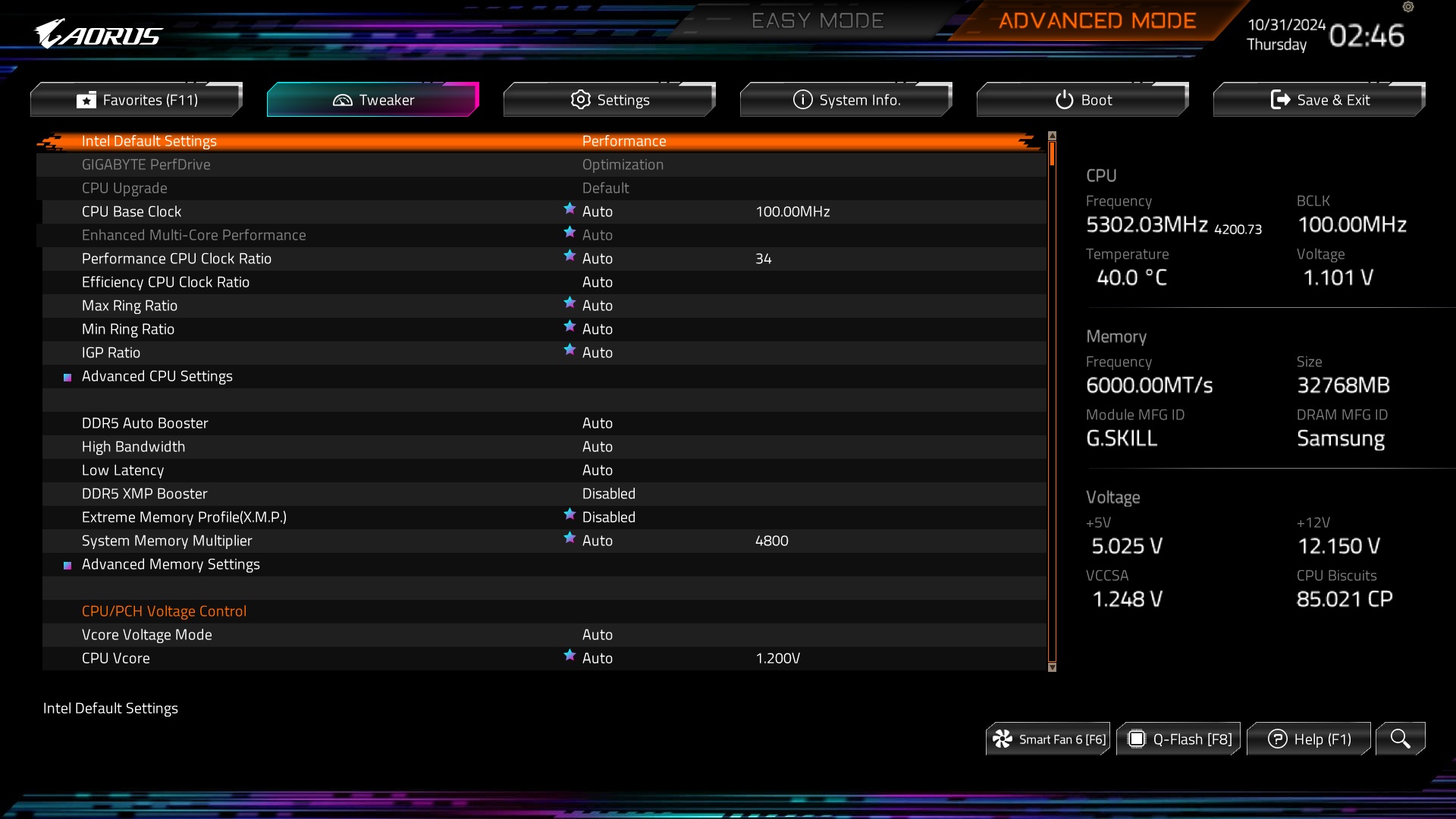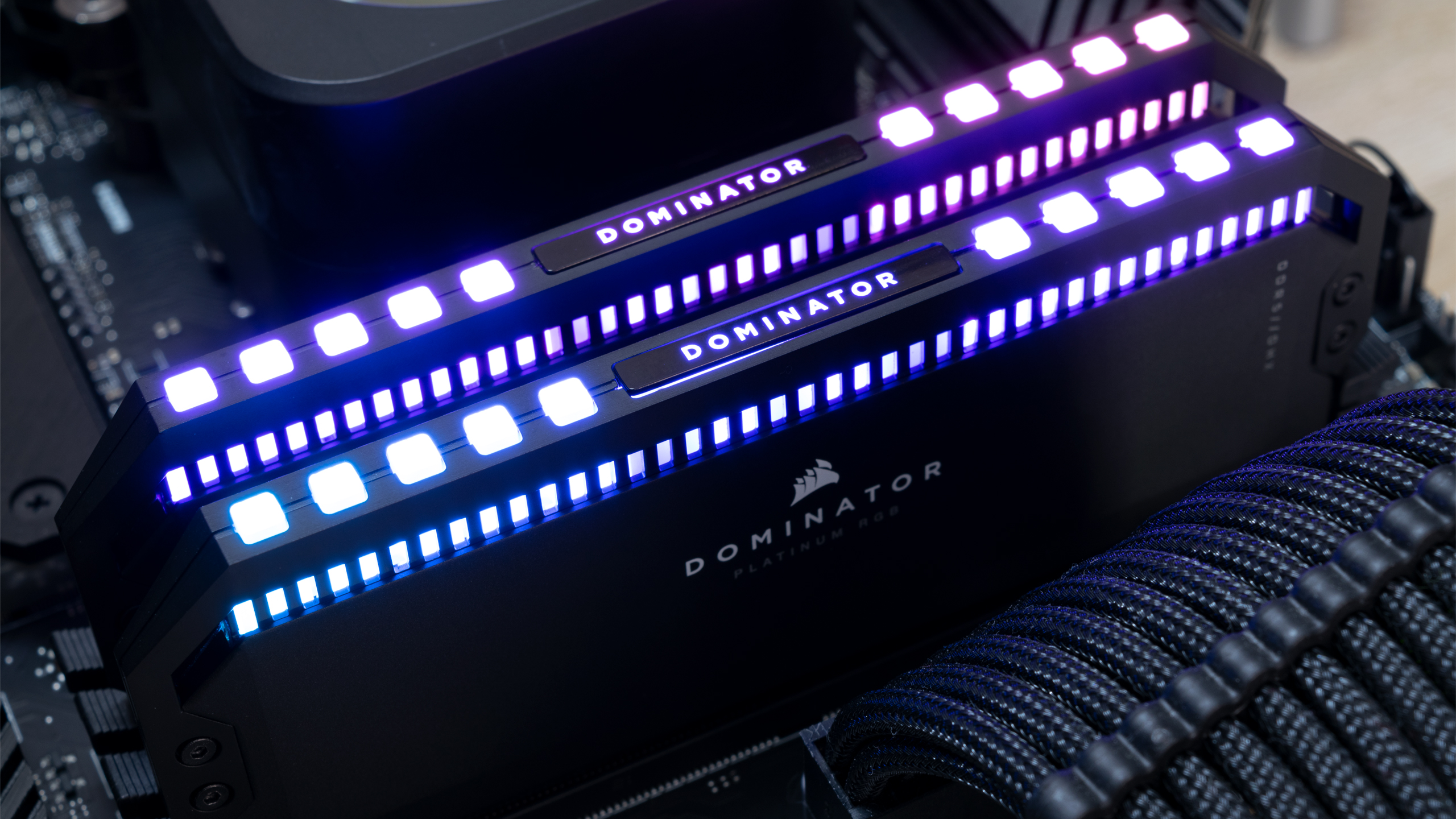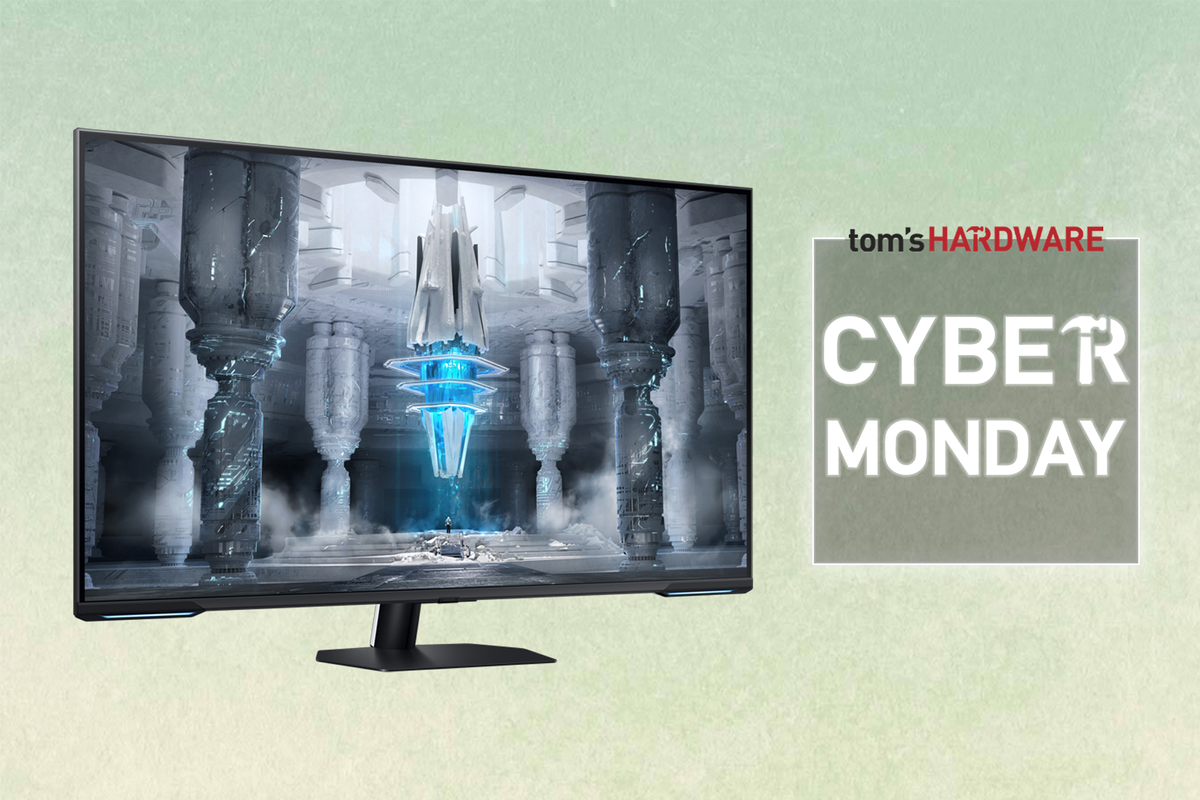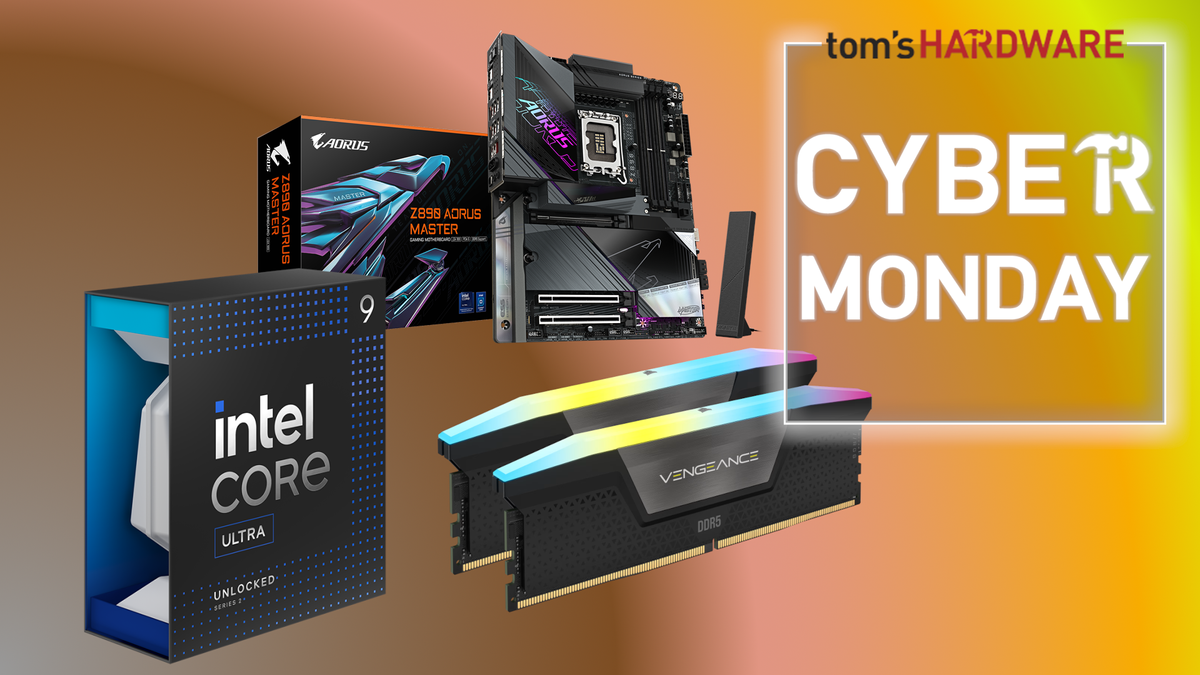If you've ever shopped for the best RAM, you've seen speeds such as DDR4-3600 or DDR4-6400, and even higher. Those numbers represent the rated speed, and they're the headline feature that justifies premium pricing. However, these speeds aren't the default operating mode of the sticks—they're overclocking profiles that require manual enablement in the BIOS. Your CPU does not officially support them, and not every system can run its memory subsystem at those speeds with flawless stability. That gap between marketing and reality is what led Corsair to a class-action lawsuit in 2022.
The complaint, titled "McKinney et al. v. Corsair Gaming, Inc.," argued that Corsair's Vengeance and Dominator DDR4/DDR5 modules were sold with the advertised speeds printed front-and-center without clearly disclosing that the out-of-box default is the JEDEC standard (DDR4-2133 for DDR4, and DDR5-4800 for DDR5). While most systems based on enthusiast-grade DIY hardware are capable of achieving significant memory overclocks, the facts remain that the advertised numbers require firmware tweaking, and results vary based on the CPU, motherboard, and luck of the silicon lottery.

So what does this mean for you? If you purchased qualifying Corsair RAM during that window, you may be eligible for a cash payment. Exact amounts depend on the number of people filing, but the process is straightforward. You can make up to five claims, and it doesn't even require receipts for smaller claims.
The official settlement site is the clumsily named "ddr4andddr5desktopmemoryspeedsettlement.com," run by the court-appointed administrator. Claims are currently open and are scheduled to close on October 28, 2025, with a final approval hearing set for December 4, 2025.
It's worth stressing that while this lawsuit only names Corsair, this phenomenon isn't unique to one memory vendor. Pretty much every enthusiast memory seller marks its kits the same way: by quoting the XMP/EXPO profile speeds rather than the JEDEC baseline. If you've been building PCs for a while, you likely know to flip the switch in the BIOS; however, the lawsuit highlights the fact that many buyers are unaware of this.
If you picked up Vengeance or Dominator modules in recent years, it might be worth a few minutes to check the site. Corsair's almost certainly paying out the settlement, no matter what, and free money for RAM you've already bought isn't a bad deal at all.
Follow Tom's Hardware on Google News, or add us as a preferred source, to get our up-to-date news, analysis, and reviews in your feeds. Make sure to click the Follow button!

 2 months ago
56
2 months ago
56







 English (US) ·
English (US) ·